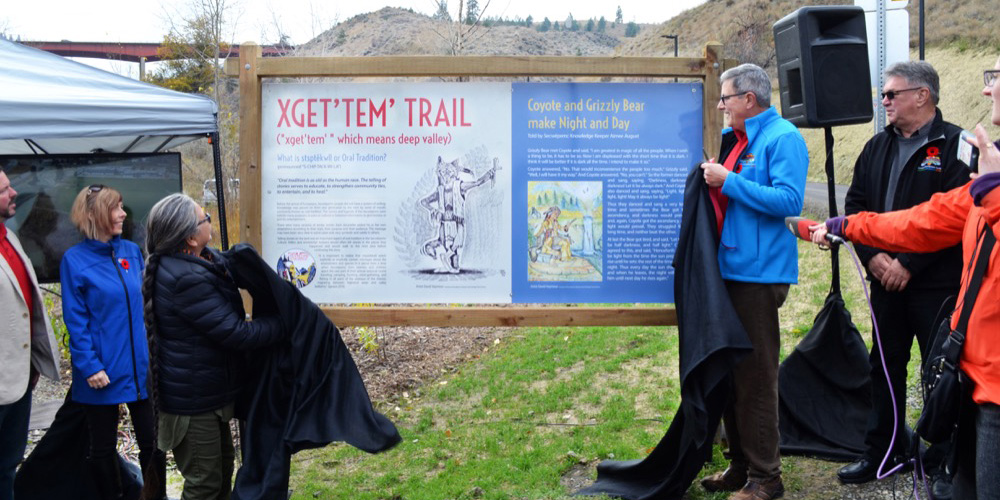Skills Based Indigenous Relations Training Essential to Reconciliation
As providers of a suite of Indigenous relations training, we are frequently asked if we offer “blanket exercises.” The short answer is “no, we don’t.”
2 min read
Bob Joseph January 27, 2020

In an earlier article, we took a look at why companies should protect their Indigenous relations strategy in a recession. In this article, we offer a suggestion on how individuals can recession-proof their careers.
Certain sectors, such as the extractive sector, are cyclical so experience peaks of intense activity that drive recruitment and corresponding valleys that drive cuts to departments and employees. I can only imagine how hard it is for managers to see all their efforts to build a department and assemble a great team evaporate. And it must be worse for those employees who suddenly find themselves standing outside the gate of uncertainty.
We want to respectfully offer a suggestion on what you can do in terms of a value add to your skill set and experience. If you are, for example, an engineer, and the only one with Indigenous relations experience competing with hundreds of other engineers for a position, your resume is going to have the “pop” factor. Or, if a department head is going to have to make hard choices on who stays on the payroll, if you have the additional invaluable asset of Indigenous relations, we think you’ll have a better chance of being kept on during a downturn.
The value added of Indigenous relations experience is not restricted to the extractive sector, nor to engineers. One of the adages in human resources is "employers don't hire employees, they hire problem-solvers". The ability to promote yourself as the go-to person for Indigenous-related issues and protocols is going to be an advantage.
In preparing to write this article, we took a look at job postings from diverse sectors and here’s what we saw:
For a position as Chief Executive Officer Canadian Energy Regulator - Canada requirements included:
Knowledge of the rights of Indigenous Peoples (Section 35 of the Constitution Act), the United Nations Declaration on the Rights of Indigenous Peoples, and the principles respecting the Government of Canada's relationship with Indigenous Peoples;
Awareness of Indigenous knowledge systems, as well as Indigenous Peoples’ issues, concerns and priorities, as they relate to development, environmental assessment and/or environmental protection;
And for a Professional Forester:
Currently the KDL Forestry division is seeking a Professional Forester with experience in, but not limited to, forestry project management and supervision, forest ecology and site plans, higher-level plans, forest operations, tenure management and administration, and Indigenous engagement. As an analytical thinker and effective communicator, you plan, organize and coordinate a range of projects and activities to achieve client goals. Typical responsibilities of the Planning Forester include:
If you are "between engagements" and are planning to ride out the recession by going to school to hone your skills or are just starting out in your career and are wondering what career is recession-proof, anything to do with Indigenous relations is going to be in demand. Indigenous Peoples are the fastest-growing segment of the population and people who have Indigenous relations training are going to be and are already in demand. Education, health care and government are all going to consistently need people who have a comprehensive understanding of the goals and perspectives of Indigenous Peoples.
Back to the extractive sector - resource development in Canada all happens on traditional and treaty territories ergo we think adding Indigenous relations to your resume is a wise choice for everyone involved. Having a working knowledge of historical events, legal challenges and their relation to the present demographic and economic environment will assist you in your job.
If you are interested in building your resume by adding Indigenous awareness or consultation and engagement skills, Indigenous Corporate Training Inc. offers training that takes you right from Indigenous Awareness through to Working with the UN Declaration on the Rights of Indigenous Peoples (the UN Declaration). Our training is designed to meet the needs and budgets of people interested in developing skills-based training to work effectively and respectively with Indigenous Peoples. We offer our training in an eLearning format, publicly in our Indigenous Relations Training Weeks, and privately.
Featured photo: Unsplash

As providers of a suite of Indigenous relations training, we are frequently asked if we offer “blanket exercises.” The short answer is “no, we don’t.”

We really appreciate readers sharing with us innovative steps they or their organization have taken to build relationships, honour reconciliation and...

Tammy Robertson, External Relations Manager for the City of Kamloops has an ambitious goal: for the City of Kamloops to become a role model for...